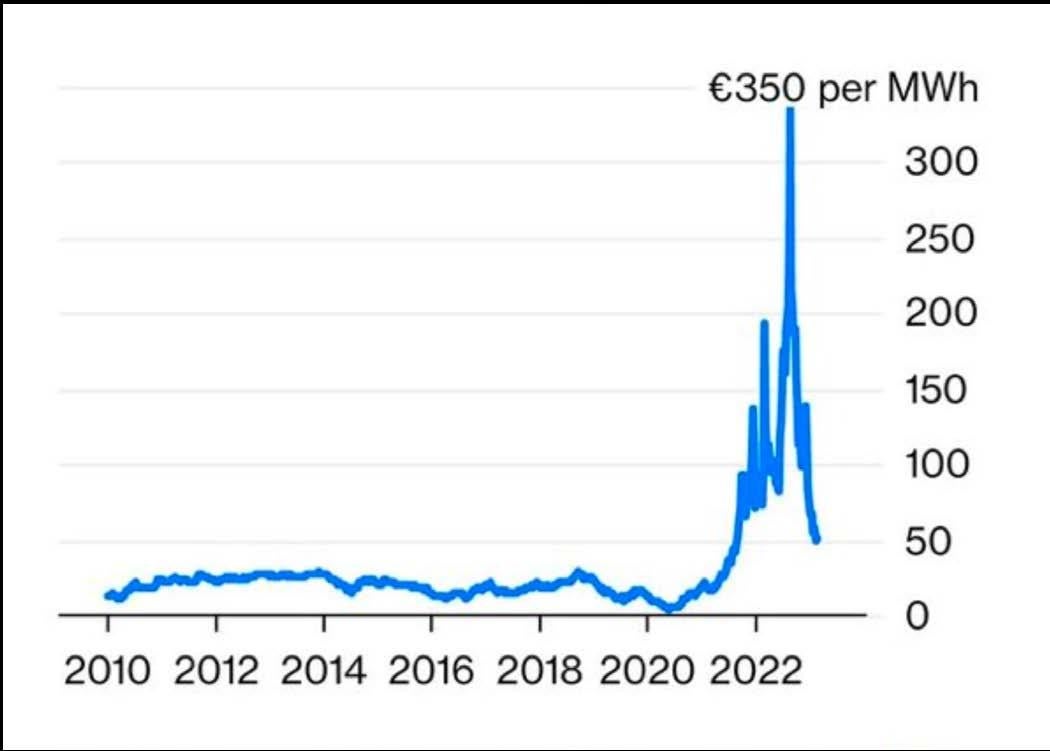
2 minute read
REDUCE CONSUMPTION, BOOST EFFICIENCY AND EXPAND RENEWABLE ENERGY
Policies and measures are needed to support urgent measures that provide the services required from energy but do not rely on fossil gas through rapid expansion of systems and mechanisms that reduce consumption, expand efficiency and renewable energy sources.
Energy Saving and Conservation measures to reduce demand:
Efficiency (incl. insulation) - in Building and Industry: Renewable heating (like heat pumps); Building renovation heater efficiency in buildings; efficiency in industrial processes.
1. Financial support schemes for vulnerable people to meet their basic energy needs
2. Ban disconnections e.g. energy providers should not have the right to cut off customers who fail to pay their bills, in particular vulnerable ones
3. Drive deep building renovations and sufficiency that can realise the potential to permanently cut demand by improving the energy performance of buildings.
Power production – Maximise measures for renewable power sources at all public, commercial, and industrial sites and operations. E.g. solar panels on rooftops, install heat pumps and undertake renovation measures.
Industry – where possible be fully electrical and more circular, while always prioritising energy saving
Tax fossil fuel profits: to help meet the investment needs of the energy transition, ensuring the burden does not fall on citizens and the rest of the economy.
For the US:
US policy makers must take the following steps to align LNG exports with strong climate goals:
1. Stop approving permits for any new infrastructure projects that would increase GHG emissions or worsen the climate crisis. This requires that any new pipelines or new LNG export terminals be rejected.
2. Reject federal approval for any LNG export shipments from existing or approved terminals that are inconsistent with 1.5°C pathways, worsen domestic energy poverty, or pose health threats to nearby communities.
3. President Biden must wield his global leadership and support ending international public finance for fossil fuels, including LNG, at the G7, G20 and COP28.
Both Biden and Congress must take further steps to protect the climate and communities living on the fence lines of the fossil fuel supply chain. Such policies include:
1. Establish a national plan and targets to wind down existing fossil fuel production and infrastructure.
2. Eliminate federal fossil fuel subsidies.
3. Ban new fossil fuel leasing and permitting on public lands and waters, and phase out existing leases.
4. Enact regulations to eliminate methane emissions and flaring from oil and gas facilities.
5. Require air and water pollution reductions in polluted communities by implementing a comprehensive “No Pollution Hotspots” policy.
6. Pass the Environmental Justice for All Act to provide legal remedies to citizens, improve equity mapping tools, expand grant programs, and strengthen consultation with impacted communities.
7. Build on the renewable energy incentives in the IRA to enact a Green New Deal that will direct trillions of dollars in public investments to create millions of green union jobs, rectify past injustices, and ensure that energy-dependent workers and communities are left better off through the transition.










